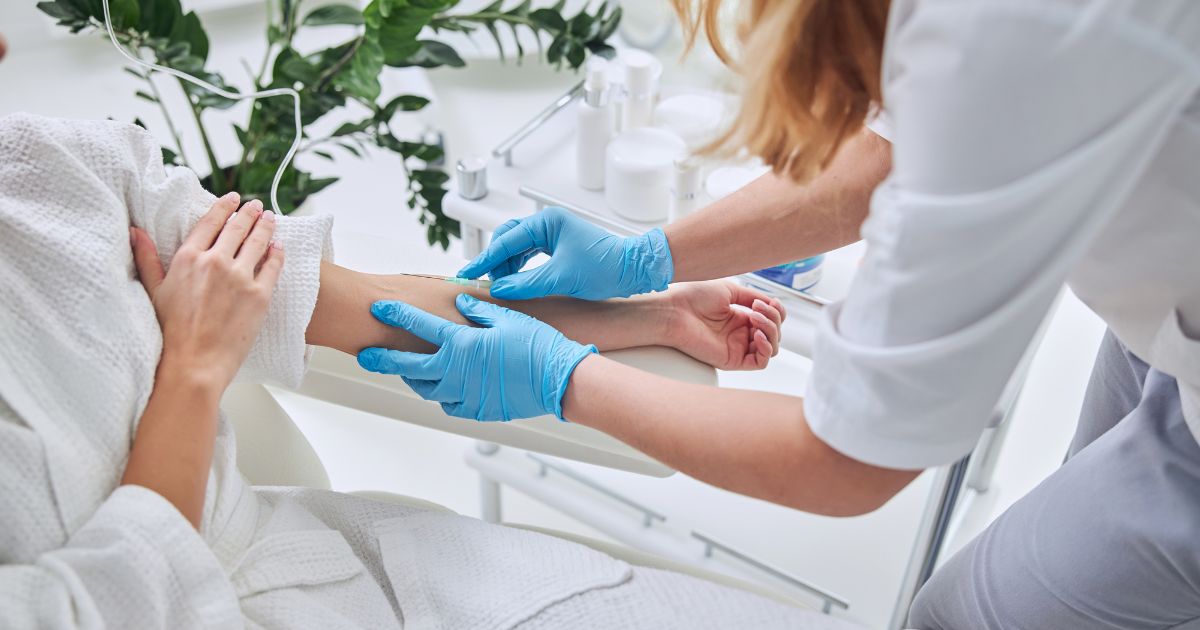Congratulations, students! Many of you will be graduating from your PA & NP programs in the upcoming months. You are about to out on a clinical career journey that could be as long as forty years. A few years ago, my wife and I planned a trip to Italy where we would visit all of the sights of Florence and Rome. Twelve days in Europe was a gift to ourselves – for me after many years of practice, and for her, a lifetime of teaching Humanities to high school students. Our journey started six months before when she, as my task master, gave me several books earmarked with all of the relevant sights we were to experience. This homework was an invaluable crash-course on the art, architecture, poetry and history of all of the places we were to visit. Had she not crafted our course of study, I would have been like a child awakening on Christmas morning to twenty gifts which I could not open, let alone understand.
You have just completed an arduous course of study which has demanded a lot of sacrifice: study, financial cost, neglected friendships and delayed marriage plans. The initial goal was just to graduate; now you are required to take a certification examination to determine if all of your hard work was fruitful. When the large envelope arrives with your certification you are then ready to start. Correct? No! Now you will now need to make more decisions that determine your future. And these decisions are just as complex as your clinical training. Just like our trip to Italy, you will need to weigh many options and choices whose decisions will impact your success as a new PA or NP. My graduation present to you is this article which has the potential to better prepare you for your new journey as a professional clinician. It’s advice from me and my colleagues in business, administration and professional practice and will likely make your career journey safer and more satisfying. Like any advice, you can heed or disregard it – but hopefully, it will be a helpful component of your career blueprint for success.
These suggestions come from a variety of sources such as well-known PAs, like EMEDPA, a senior moderator on PhysicianAssistantForum.com, many of your PA Colleagues, myself included, Personal Liability Experts such as those from the AAPA endorsed provider and years of observing the pains and rewards of those who have provided healthcare to our nation in their professional capacity.
- Your first job is about learning your clinical skills, not about money.
- If you can afford to do a residency in your field of choice, do it! see #1 above.
- As a new grad you can have two of the following, three if you are lucky: location, specialty, salary. Choose wisely.
- Read your contracts thoroughly before signing them. Look for hidden details, such as mention of a non-compete clause and weigh your prospects carefully.
- Choose a favorite maxim and then try to live by it. Mine remains: “Tis far better to show what you know than to say what you know”. Equally important: “Say, rather than show, what you don’t know.”
- Join your professional organizations and support them so that you will be empowered to make changes that the first fifty years of PAs were unable to accomplish.
- Don’t take the first job you are offered unless it’s ideal. Don’t settle for mediocrity, ever.
- Don’t accept a position in a specialty that you detest just because “it’s a job”. You will be miserable in a job that you dislike and you will never achieve excellence.
- Don’t accept a position that does not offer CME and vacation time that is adequate for you and your family. Do not accept call without pay, weekends without pay and no more than two weekends monthly.
- Do not work in a critical care setting immediately out of school. Hospitalist, ICU, CCU, pediatrics are all specialties for experienced providers. Spend at least two years of non-critical care clinical work so that transitions to other specialties can be accomplished more effortlessly.
- Don’t work in a very narrow field right out of school unless it is your dream job and you never intend to leave the specialty. I know lots of folks stuck in jobs they hate who can’t leave them.
- If you are getting burned out, consider the following: work fewer hrs./mo., see fewer pts/shift, switch specialty, switch location. Find something new where you are appreciated.
- An essential lesson that I learned which I discovered after working too hard for others. Your husband/wife/significant other and children should be your first priority, yourself your second, your practice third, and professional politics last. No one will ever care for you like your family. Jobs expire, positions fail to exist beyond their time limits and then you will be forgotten. You can never recoup the time you have lost working for others. I have served this profession as a leader for about thirty years. But I paid a price: my kids placed a photo of me at the dinner table at a certain time in our life. Sad commentary.
- Don’t take a job where your clinical supervisor is an RN or office manager. We are not medical assistants.
- Don’t refer to yourself as Dr. Smith’s PA. They don’t own you. Say instead, “I’m John Doe, one of the PAs here.” Or “I’m John Doe, I work with Dr. Smith on the surgical service.” Words matter. Don’t let yourself be treated like an assistant. Don’t regularly take out trash, take your own vitals, room patients, etc. unless the docs in the group do so, too. I can see this in a small office, but there is no excuse for it elsewhere.
Well, we have covered many of the rules and suggestions but now let me conclude and write about the most important task on your new medical journey. Remember my trip to Italy which I spoke about earlier? Your excitement as you begin your career is comparable to the thrill and anticipation one feels as they set off to explore the Renaissance. But unforeseen events can destroy that cherished vacation: robbery, an injury to you, a crisis at home. So, as your journey begins, a critically important item to secure is a professional liability insurance policy, better known as a malpractice policy, and it is never more affordable than when you first graduate. The AAPA, your professional organization, has endorsed an excellent provider and secured special rates for you, the new PA.
Every PA should carry personal liability insurance for all time periods during which they have practiced. A malpractice suit can be brought against you at any time after seeing a patient (days, weeks, months or even years). A malpractice suit can jeopardize your professional reputation and impact your credentials with the potential of losing your license by suspension or revocation. Your malpractice history is a matter of public record and your NPI number creates a profile of your lifetime practice. Your ability to secure employment will be decided partly upon this information. New graduates have a one-time opportunity for securing discounted PA professional liability insurance premiums for five years which offers comprehensive protection. Do yourself a favor and visit the following link for the vital details. Quality PA Professional Insurance is important to understand, easy to get, and provides the stable and individualized protection your career demands. Congratulations on your graduation and best of luck!
By Robert M. Blumm, PA, DFAAPA, PA-C Emeritus
PA Advisor to CM&F



